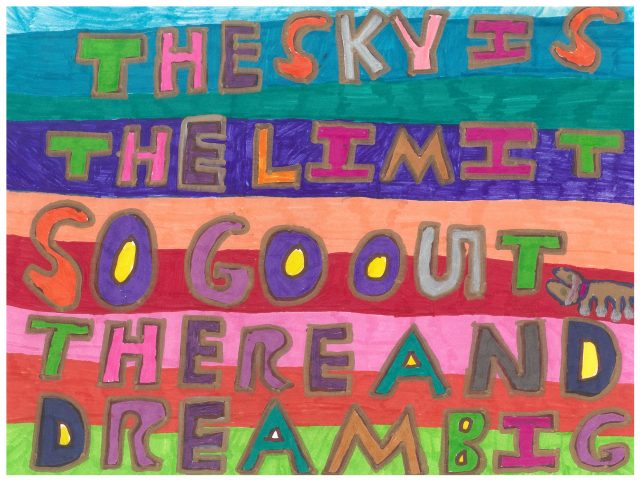US Legislation to date
New York passed its groundbreaking SDMA law in 2022, following 13 other states and the District of Columbia. They are:
Alaska, Colorado, Delaware, Illinois, Indiana, Louisiana, Nevada, New Hampshire, Rhode Island, Texas, Virginia, Washington, and Wisconsin Legislation has been introduced, or is moving through the legislative process, in several other states, including Massachusetts, New Mexico and West Virginia.
Individual provisions vary, but all acknowledge SDM as a way in which adults with disabilities can make their own decisions about their lives with the support of others, recognize SDMAs, either through a statutory form or list of required provisions, and, with one minor exception (Delaware), require third parties to honor decisions made pursuant to statutorily authorized SDMAs. Critical to ensuring that the decisions of people with disabilities are treated on an equal basis with others, the statutes relieve third parties of liability when doing so in good faith. No statute other than New York’s requires a tested facilitation process (or, indeed, any process) for making the SDMA in order to provide legislative recognition.
Legislation around the world
In 1990, before SDM was called SDM, British Columbia passed a precursor to SDMA statutes, the Representation Agreement Act, and a number of other Canadian provinces have recognized SDM. An important SDM law was passed in Israel in 2016, following and based on a thoughtful, well planned, year-long pilot project run by Bizchut, a disability rights organization and their campaign that featured the stories of people with DD. The Israeli law was to be implemented by regulations from the Israeli Ministry of Justice, and, we are proud to say, the official in charge of writing those regulations visited SDMNY and has acknowledged our work on facilitation in the subsequent regulation requiring substantial training for Supporters.Columbia and Peru have gone still farther, adhering to the UN Convention on the Rights of persons with Disabilities (CRPD), essentially abolishing substitute decision-making and embracing SDM as the means by which people with disabilities can make their own legally recognized decisions. In both countries, the stories and testimony of persons with DD were critical to adoption of the legislation.
